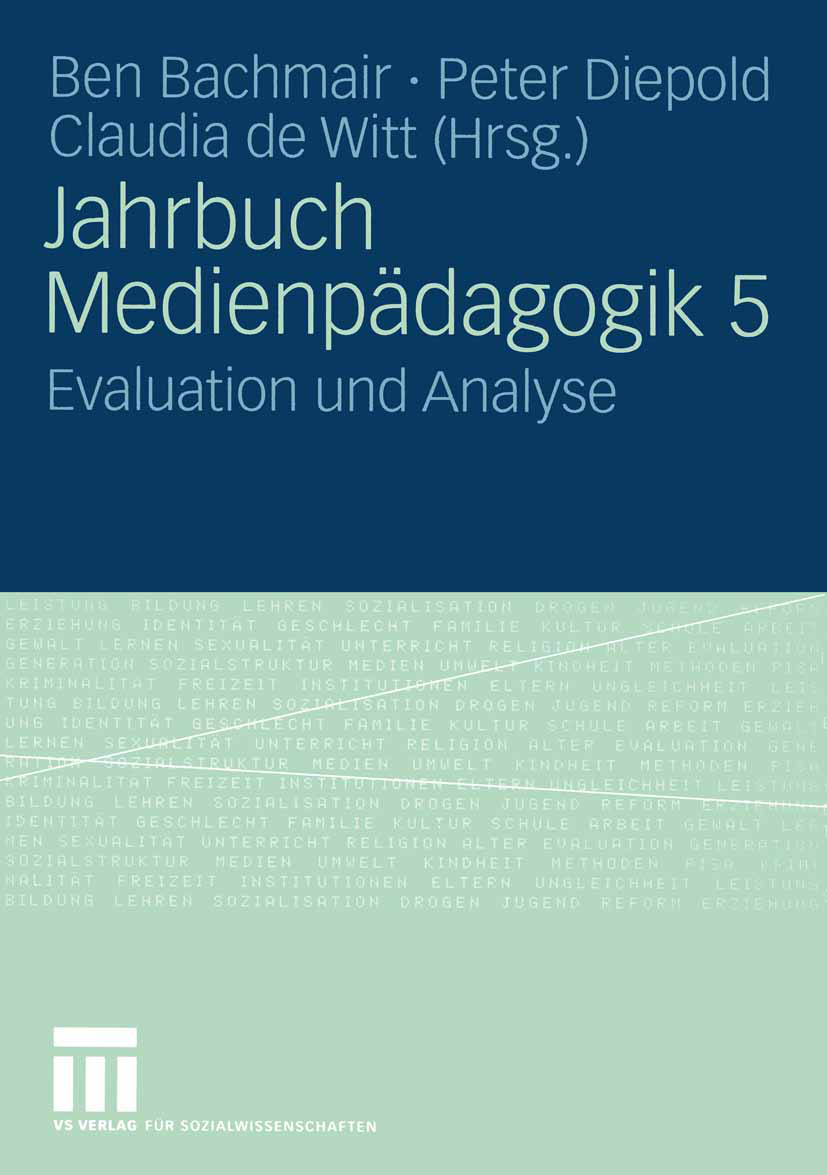Abstract
In this article, selected methodological-methodological questions will be discussed on the basis of a recently published qualitative-reconstructive study on "generation-specific media practice cultures" (Schäffer 2003a). To this end, I will first clarify categories of formal sociology and educational science that are important for the work, since these also set the course for the methodological-methodological conception of a research project - against the background of the paradigm of the documentary method advocated here (Bohnsack 1997). The central basic theoretical concepts of the work include that of generation and that of habitual action with media. I will introduce the former concept by examining relevant quantitative research designs (especially cohort approaches) in order to reposition it with reference to Karl Mannheim's concept of generation and make it fruitful for generational research in media education. For the concept of habitual action with media, I refer to the approach of the sociologist of technology Bruno Latour and introduce the concept of generation-specific media practice cultures. Following this, I will present the most important aspects of the research design and its empirical implementation, focusing in particular on the process of type formation. Finally, I will present a central result of the study - a typology of habitual actions with media technologies - and conclude by very briefly outlining its relevance for media education.

